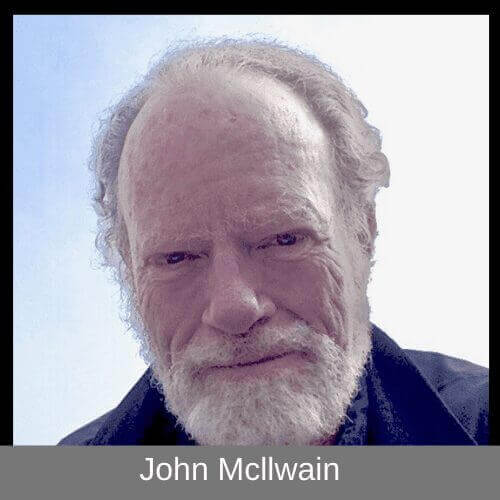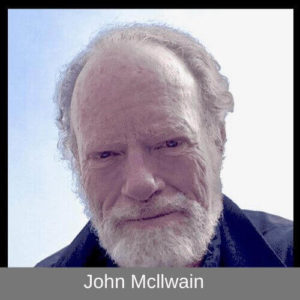
Ep. 3 - John McIlwain is a huge advocator for affordable housing and led his team in sorting out their differences and finding commonality in advocating for the renewal of the Section 8 program. He is also not very optimistic about the future of housing programs in the next 10 years due to the rising housing demand and lack of enough attention to the looming crisis. John Mcllwain has been on the ground floor of the country's affordable housing movement for over four decades, becoming a trusted voice on Capitol Hill for his high level of expertise. He worked on affordable housing, urban design, and planning and preparation for climate before retiring in 2017.
Top Takeaway:
-
- Why advocacy work needs sorting out differences and finding commonality to get effective results
- The importance of affordable housing programs that the community needs to understand
- The seriousness of the housing unaffordability today which will soon reach crisis level due to high demand
- The negative impacts of environmental changes and human decisions that are slowly decreasing optimism for the future
Listen in to learn how climate change and human set conditions are negatively affecting the development of better affordable housing.
"If you can work with people, even if you don't agree with them a hundred percent, that can be very powerful. No one can do everything in housing alone." -John K. Mcllwain
He was a senior resident fellow at the Urban Land Institute, a nonprofit education and research institute supported by its 45,000 members worldwide. At ULI he served as an advisor to both the ULI Terwilliger Center for Housing and ULI's Center for Sustainable Development. He also served for five years as the Director of the Climate, Mind, and Behavior Project at the Garrison Institute in New York which works to integrate emerging research findings about what drives human behavior into new thinking on climate solutions.
Mcllwain closed the first Section 8 deal in the U.S., worked for HUD as executive assistant to the assistant secretary for housing, worked for Maine State Housing Authority, performed widely-respected industry policy research, and invested in affordable projects. From this vantage point, he explains the state of housing challenges and how they are interconnected with other ground level challenges: the ballooning federal budget, climate change, and transportation. He discusses how many middle income families are in very difficult situations, not qualifying for affordable programs, but also not earning enough for market-rate housing in their area.
He established the American Communities Fund for Fannie Mae in Washington and served as its Senior Managing Director. He was also was a partner in the Washington, DC office of the law firm of Powell, Goldstein, Frazer, and Murphy where he had a national housing practice.
Key Moments:
He describes his many roles in the affordable housing sector including at HUD where he had the privilege of working with brilliant people [3:07]
How he started the venture capital fund (American Communities Fund) at Fanny Mae as a way to explore inconsistent competing missions and other roles related to affordable housing [9:52]
The challenges that have faced the affordable housing sector over the years to now making it unaffordable [16:27]
The negative effects of climate change towards the future of housing development and the gap between the rich and the poor [22:43]
He advises young people to work hard, embrace teamwork, and not to be separated by political differences [26:33]
He explains how he's found a good life after retirement [28:09]
